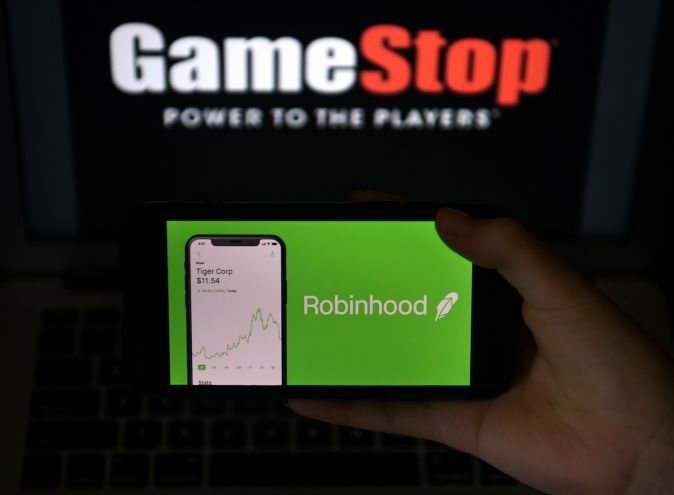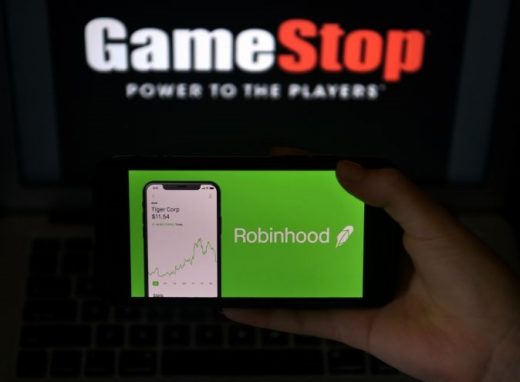Robinhood raises $1 billion, will reopen GameStop stock purchases on Friday
Robinhood raises $1 billion, will reopen GameStop stock purchases on Friday
After freezing purchases of 13 stocks on Thursday, the stock trading service sought cash to continue operating normally.


Amid complaints from customers, at least one lawsuit and growing criticism from lawmakers in both major parties, Robinhood announced that on Friday, it plans to once again allow “limited buys” of 13 securities it had restricted on Thursday.
That clampdown came after a subreddit-inspired short squeeze sent stock prices soaring for companies like GameStop, Nokia, AMC and Koss, and almost immediately rumors focused on why that happened, or who decided to put a lid on trading. On this week’s episode of The Engadget Podcast, Devindra and Cherlynn spoke to Mike Futter and a member of the r/WallStreetBets subreddit to discuss exactly what is going on.
Despite denials of any arrangement with big money Wall Street backers, there’s still widespread belief that the inability to purchase these specific companies has been coordinated to disadvantage retail stock traders. Meanwhile, some explanations dug into what happened with the Wallstreetbets subreddit, and the business model of a company like Robinhood, pointing out that their moves caused marketmakers and hedge funds to also participate and potentially profit from the frenzy.
Aptly named WeBull CEO Anthony Denier spoke to Yahoo Finance and said that temporarily restricting Koss, AMC and GameStop trades was not a “political decision” and instead had to do with “settlement mechanics in the market.” As he explained, they have to fund each trade with a central clearing house for two days, and the cost of the collateral to WeBull’s clearing firm became to expensive to front the cost on their trader’s behalf.
NEW: The CEO of Webull tell us the decision to join Robinhood in restricting AMC and GameStop trades came from soaring costs to settle its users trades:
“It wasn’t our choice … this has to do with settlement mechanics in the market.”pic.twitter.com/Micz5U6SRc
— Zack Guzman (@zGuz) January 28, 2021
In a blog post, Robinhood said it made “a risk-management decision” and similarly stated in interviews that “We have SEC net capital requirements and clearing house deposits…Some of these requirements fluctuate quite a bit based on volatility in the market and they can be substantial in the current environment where there’s a lot of volatility and a lot of concentrated activity in these names that have been going viral on social media.”
In response to reports that Robinhood tapped its credit lines, CEO Vlad Tenev said his company had no liquidity issue, and that “we pulled those credit lines so that we could maximize within reason the funds we have to deposit at the clearing houses.” The New York Times reports Robinhood drew on credit lines of $500 to $600 million to meet lending requirements, and separately raised $1 billion in emergency funding on Thursday night in order to avoid having to place further limits on trades.
These requirements exist to protect investors and the markets and we take our responsibilities to comply with them seriously, including through the measures we have taken today.
— VLAD (@vladtenev) January 28, 2021
Starting tomorrow, we plan to allow limited buys of these securities. We’ll continue to monitor the situation and make adjustments as needed.
— VLAD (@vladtenev) January 28, 2021
(23)


